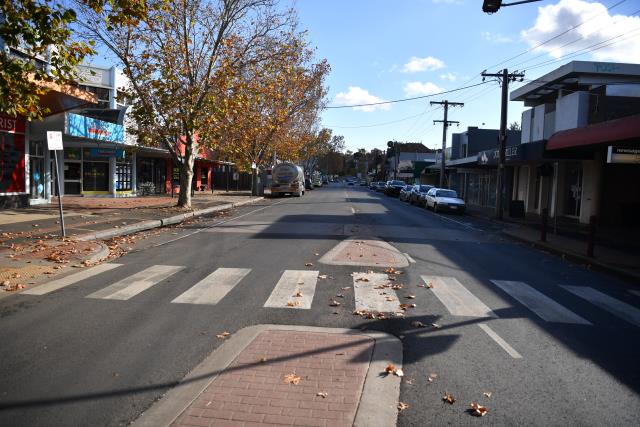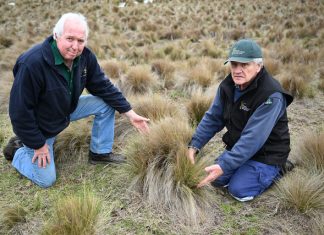(Precede) The Moorabool shire in the second half of the 19th century was “lawless” area, rife with ruffians committing stick ups, and a small number of troopers trying to patrol a vast area between Melbourne and Ballarat. It was against this backdrop that one of Australia’s most notorious bushrangers began his career in crime, and to celebrate what would have been Andrew ‘Captain Moonlite’ Scott’s 181st birthday, Liam McNally spoke to journalist and Moonlite author Gary Linnell.
Scott was born in Ireland on July 5, 1842. In the 1850s he relocated to New Zealand after his influential family lost its fortune.
Following an injury sustained in colonial wars in New Zealand, he moved to Australia and, in 1868, found himself in Bacchus Marsh working as a lay reader at the Holy Trinity Church.
Mr Linnell described Scott’s stint in Bacchus as full of controversy.
“People didn’t quite know what to make of him,” he said.
Scott was well spoken and well educated, but “at his heart he was quite mad”.
He had befriended the influential Bacchus Marsh figure James Crook, but after just a year in the town Scott was charged with lying to the court, allegedly forging an alibi for Mr Crook’s son.
Scott traveled to Mount Egerton, where in 1869 Captain Moonlite was forged in a bank robbery. Scott disguised himself to capture his friend and bank employee Ludwig Brunn, and stole what Mr Linnell said would be worth about $1 million in today’s money.
He left a note with his prisoner that said “I hereby certify that L.W. Bruun has done everything within his power to withstand this intrusion and the taking of money which was done with firearms”.
The note was signed Captain Moonlite.
From there, Scott left Moorabool and continued building the Moonlite myth, evading arrest for the robbery until March 1872.
After his prison sentence Scott assembled a gang which famously included his alleged lover James Nesbitt.
The gang met its end in a shootout following a robbery at the Wantabadgery Station near Wagga Wagga in 1979.
A police constable and two of Scott’s gang were shot down.
According to newspaper reports at the time, Scott openly wept at the loss of his companion. As Nesbitt lay dying, “his leader wept over him like a child, laid his head upon his breast, and kissed him passionately”.
Andrew ‘Captain ‘ Scott was hanged in January 1880, allegedly wearing a lock of James Nesbitt’s hair as a ring.







